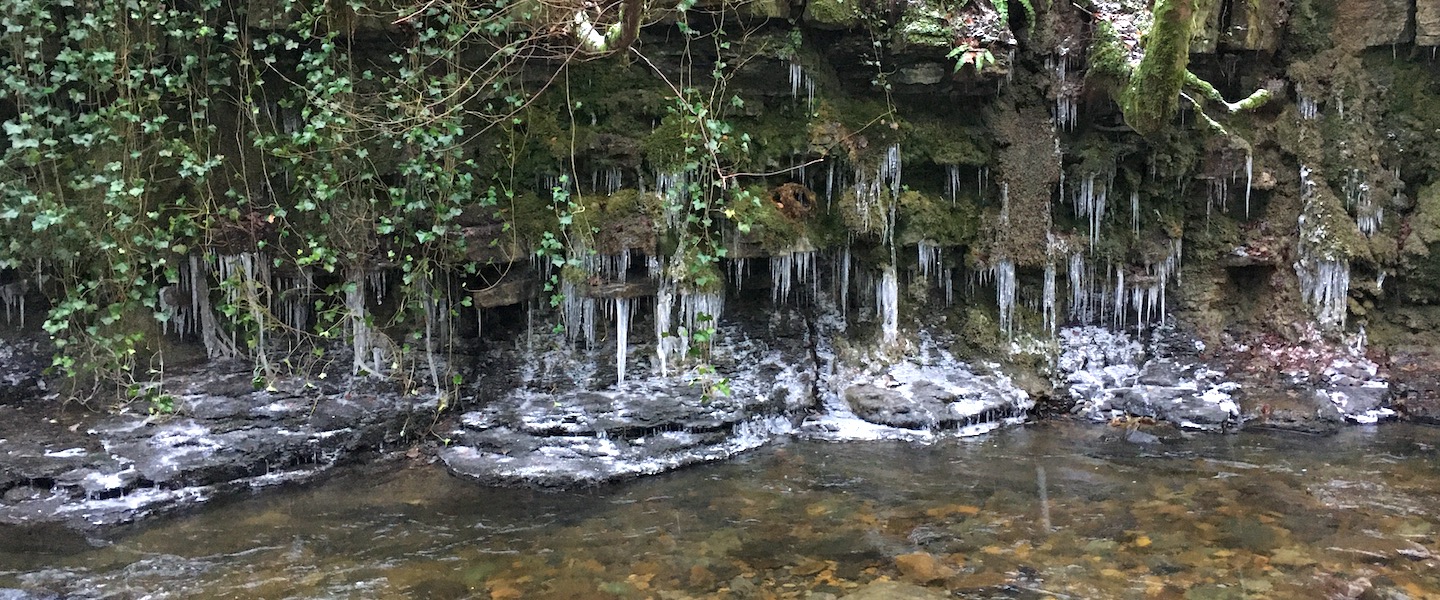The grass withers, the flower fades;
Isaiah 40:8
but the word of our God will stand for ever.
Other animals do not need a purpose in life. A contradiction to itself, the human animal cannot do without one. Can we not think of the aim of life and being simply to see?
John Gray, Straw Dogs: Thoughts on Humans and Other Animals
Currently, I have chosen to interpret the information as indicating inevitable collapse, probable catastrophe, and possible extinction.
Prof Jem Bendell, Deep Adaptation
Extinction
I was born in 1958. My father, who was born in 1927, was just too young to see action in the Second World War – thank God. Most of us are now too young to remember the time when we were under the threat of invasion. Is there anyone left alive who remembers the last pandemic that was another kind of devastation? Since the two world wars, scientific and medical progress, economic growth, the welfare state, and the European Project have given us unprecedented safety, security, comfort, wealth, and longevity in these islands.
This is all under threat. Many of us are angry at the psychotic and narcissistic multi-national and military-industrial complexes and bemused by their acclamation by successive governments. Despite massive global wealth, the poor are getting poorer and millions still die unnecessarily of conflict, disease, and poverty. We also know that ‘the poor’ that are dying are not only the human merely beings but, to the peril of us all, the forests and oceans, the soil and air upon which human life depends. The climate is collapsing and there is an attrition of animals that used to be common. It is likely that this will have profoundly damaging effects on human society. Whilst most of us are in denial, there is a lot of evidence that life as we have come to know it has a short shelf-life. I’m not going to go into the evidence here. It is easy enough to find if you have a strong constitution.
It would seem that it is too late to stop this. The majority of the species of plant and animal life on Earth is being annihilated by our blindness, greed, hate, and disconnection. We fail to realise the fragility of the systems of housing, banking, food supply, and social order.
We do not realise that we are the Earth.
I have been digesting Professor Jem Bendell’s widely-read paper, Deep Adaptation. Acknowledging and mourning that we are not able to stop the collapse of the climate and the devastating consequences to human society and the more-than-human world, he addresses himself to the question of how we adapt “to find meaning in new ways of being and acting.” (p. 4)
I know: “Spiritual direction at the end of the world” is an apocalyptic title. I do not think that the world is coming to an end. I do not think, like some do, that the human species will become extinct soon, though I accept it as a possibility. I do not feel utterly hopeless about this sixth mass extinction that is our fault. It is a humongous tragedy – and so might have thought the dinosaurs 66 million years ago; yet look at the amazing interconnected diversity of creatures that evolved as a consequence of that fifth major extinction. Life on Earth is irrepressible. New life will flourish one day.
However, I do think that the world as we know it is ending. The COVID-19 pandemic has already changed the world as we knew it. We might hope that normal service will be resumed, but it has brought home to us the delicate balancing trick of our way of life, our infrastructure and economic system.
Spiritual direction is not merely a white, middle class, middle-aged pursuit of the worried well; yet I fear that we practise spiritual direction without regard to these devastating considerations. As Ricky Fitts says in the 1999 film, American Beauty, a critique of smug, white, middle-class values, “Never underestimate the power of denial.” We pretend we can continue to rely upon the security we have come to take for granted. We talk about our relationships, our childhood wounds, our work and vocation, our spiritual growth, the future, and so on. All good stuff, necessary even. Meanwhile, the world we know is coming to an end.
These questions come to mind: How can I prepare for an uncertain future? How do I want to live in the face of catastrophe? How might I prepare and support my children, grandchildren, godchildren, and other youngsters? How might I best serve the world at this time? How do I support and challenge those who come for spiritual direction when I am also scared and at a loss?
Part 2, Death writ large, tomorrow.
